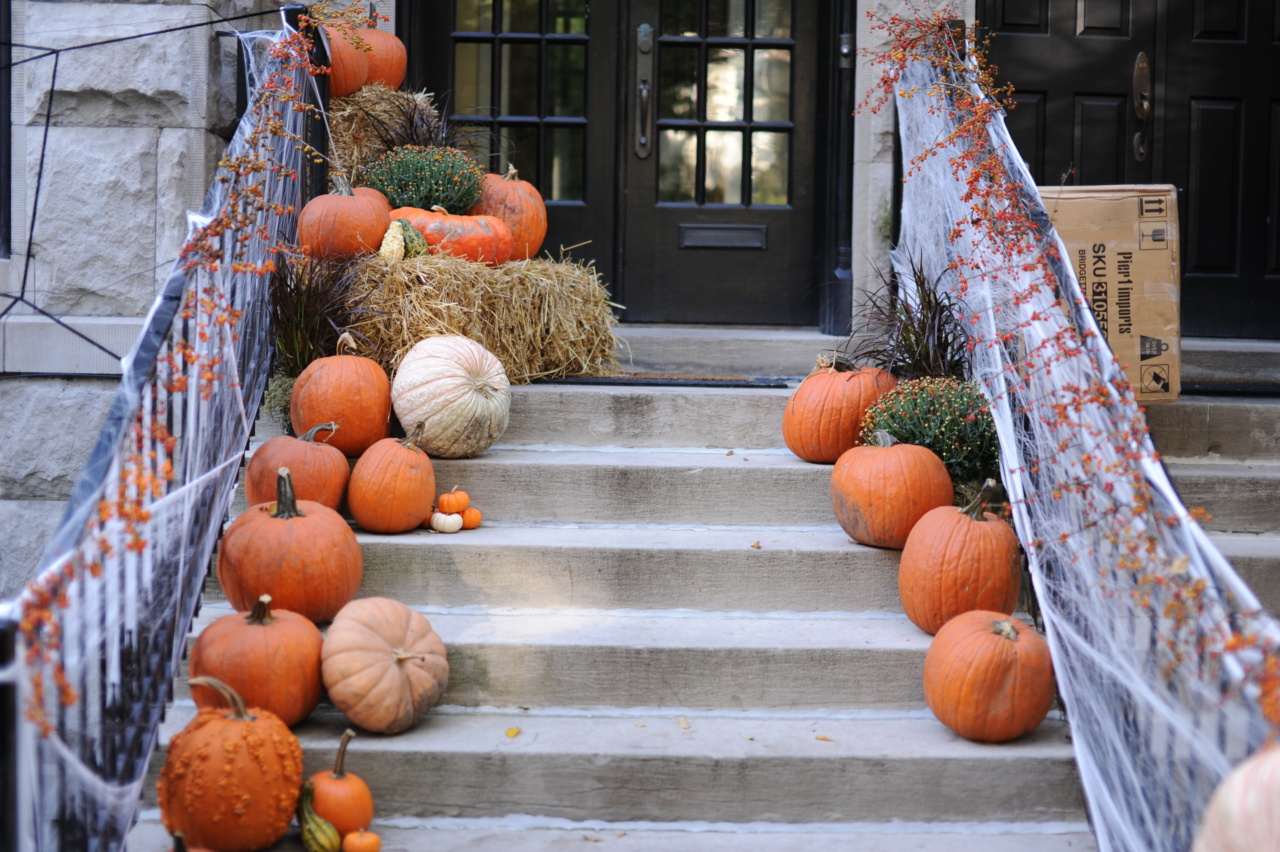Autumn is a beautiful season filled with vibrant colors and crisp weather, but it also brings along a significant increase in allergens that can wreak havoc on our health.
Autumn allergies, also known as hay fever or allergic rhinitis, are caused by various triggers such as pollen, mold spores, and dust mites. These allergens can lead to symptoms like itchy eyes, sneezing, congestion, and a runny nose.
Common autumn allergens
During the autumn season, there are several common allergens that can trigger allergic reactions. These include:.
- Pollen: Ragweed, goldenrod, and mugwort are some of the most common pollen allergens in autumn.
- Mold spores: Mold spores thrive in damp environments, and fallen leaves create an ideal breeding ground for them.
- Dust mites: These microscopic creatures thrive in warm, humid environments and can trigger allergies throughout the year.
Food tips for autumn allergy relief
While there is no cure for autumn allergies, certain foods can help alleviate symptoms and boost your immune system. Here are some food tips and tricks to consider:.
1. Include foods rich in vitamin C
Vitamin C is a powerful antioxidant that helps reduce the intensity of allergic reactions by stabilizing mast cells.
Incorporating foods like oranges, strawberries, bell peppers, and kiwis into your diet can provide natural relief from allergy symptoms.
2. Consume foods with omega-3 fatty acids
Omega-3 fatty acids have anti-inflammatory properties that can help reduce the severity of allergies. Foods such as salmon, walnuts, flaxseeds, and chia seeds are excellent sources of omega-3 and can provide relief from autumn allergy symptoms.
3. Add local honey to your diet
Local honey contains trace amounts of the pollen that may trigger your allergies. By consuming small amounts of local honey regularly, you may gradually become desensitized to the allergens, leading to reduced allergy symptoms over time.
4. Incorporate turmeric into your meals
Turmeric is a spice with powerful anti-inflammatory and immune-boosting properties. Adding turmeric to your meals or consuming turmeric tea can help alleviate symptoms of allergic rhinitis.
5. Include probiotic-rich foods
Probiotics are beneficial bacteria that support gut health and boost the immune system. Foods like yogurt, kefir, sauerkraut, and kimchi are excellent sources of probiotics and can help alleviate allergy symptoms.
6. Opt for anti-inflammatory foods
Incorporating anti-inflammatory foods into your diet can help reduce allergic reactions. Include foods such as leafy greens, broccoli, blueberries, and green tea, which have anti-inflammatory properties and can provide relief from autumn allergies.
7. Stay hydrated
Drinking plenty of water helps thin mucus secretions and keeps your nasal passages moist, reducing congestion and alleviating symptoms of allergic rhinitis.
8. Limit foods that trigger cross-reactivity
Some individuals with autumn allergies may experience cross-reactivity to certain fruits and vegetables. For example, if you are allergic to ragweed, you may also experience allergic reactions to bananas, melons, and zucchinis.
It is essential to identify any such triggers and limit their consumption.
9. Avoid processed and inflammatory foods
Foods high in sugar, refined grains, and unhealthy fats can exacerbate inflammation in the body and worsen allergy symptoms. Avoiding processed foods, sugary snacks, and deep-fried items can help reduce the intensity of autumn allergy symptoms.
10. Consult a healthcare professional
If your autumn allergy symptoms are severe or persist despite dietary changes, it is crucial to consult a healthcare professional.
They can provide personalized advice, recommend allergy testing, and prescribe appropriate medications to alleviate your symptoms.
Conclusion
By incorporating these food tips and tricks into your autumn diet, you can help alleviate symptoms associated with autumn allergies.
Remember to stay hydrated, choose foods with anti-inflammatory properties, and consult a healthcare professional if needed. With the right strategies in place, you can enjoy the beauty of autumn while minimizing the impact of allergens on your health.






























